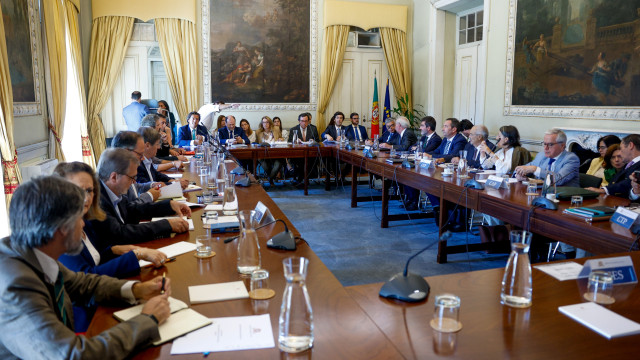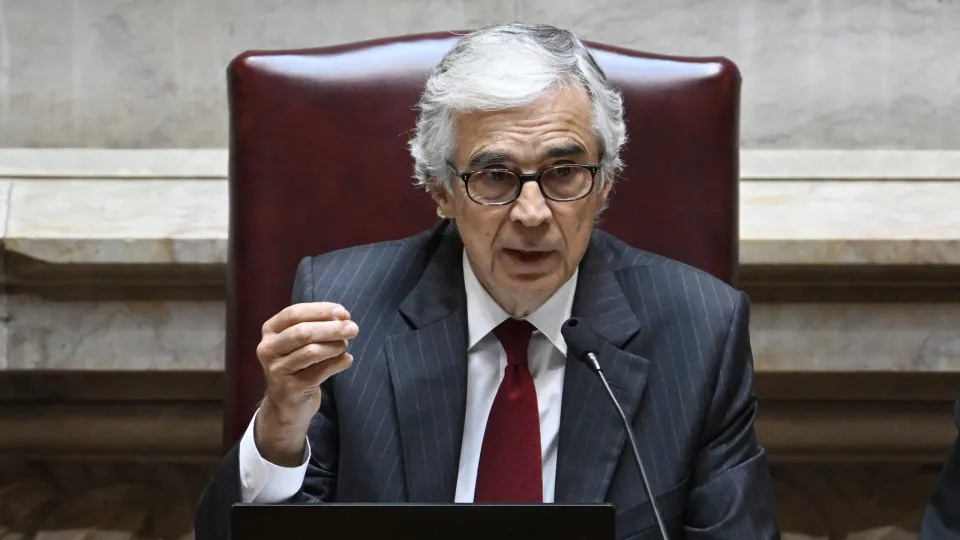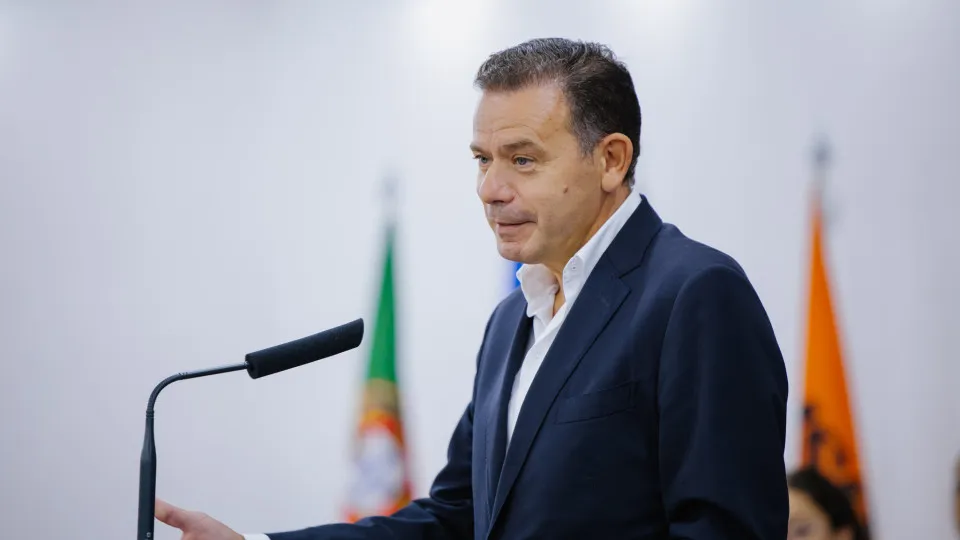The Minister of Labor, Solidarity, and Social Security, Maria do Rosário Palma Ramalho, stated on Thursday that granting workers the right to purchase two additional vacation days “is quite beneficial,” while noting that mandating a widespread increase in this regime “could be a solution, but it is much more expensive for companies.”
“We present this proposal as such, but it is a draft. We are open; if employers and worker representatives agree, it could be a solution, but it is a regime much more costly for companies. I doubt that is what they want. In any case, this is already quite beneficial for workers. Our proposal is two days, but it could also be three,” she said, in an interview with SIC Notícias.
The minister clarified that the purchase of vacation days was configured in the labor law revision “as a right of the workers, and workers do not have the right to unpaid leave – they must agree with the employer.”
“We grant the worker the right to increase their days, either by advancing or prolonging. The worker just has to communicate and the employer can only oppose in cases of imperative business necessity,” she stated.
As an example, the minister mentioned that a company could argue “not being able to function without that specific worker,” who “just doesn’t receive the stipulated monthly remuneration.”
“It acts as a justified absence, which has that regime. It counts towards pension incidence, etc. The proposal we bring to social dialogue in this matter is two days, either before or after the vacation period, per year,” she reiterated.
Urgency in Amending the Strike Law
When asked about the urgency in amending the strike law, Maria do Rosário Palma Ramalho recalled the strike that halted CP train services between May 7 and 14, due to the lack of minimum services, which “cannot be.”
“What will no longer be possible is that minimum services are not declared in an area that the law itself considers a vital social necessity, and passenger transport is one such case. Therefore, minimum services must always be determined; they can be more or less, the court will determine that. The CP case was paradigmatic because minimum services were not determined, and that cannot be, as it does not safeguard people’s right to movement, the right to work, the right to access health services,” she emphasized.
However, the minister underlined that the change in the regime is “procedural and very surgical, which does not infringe the right to strike, which is fundamental.” It will also include the “sector of care for children, dependent elderly people, and those in continuous care or with disabilities.”

The Government’s proposal to reform labor legislation includes adding “the area of care for children and sick people” or those with disabilities in minimum services and extending the duration of work contracts.
Lusa | 19:18 – 24/07/2025
Regarding the end of restrictions on outsourcing, the minister defended it as the “guarantee that the very regime of dismissals for economic reasons […] allows these dismissals to work as they were designed, which is to save a company through downsizing.”
“None of this is an incentive to dismiss, on the contrary. […] It is a false problem and it doesn’t make sense to have a norm prohibiting outsourcing. It is an anti-economic, anti-competitive norm and, above all, it does not protect workers more. Those who are already there will remain, so the company persists, and new ones will certainly be hired on economically more advantageous terms for the company. Perhaps the protection of those who are dismissed would lead the company to insolvency. Maybe that would be worse for all others,” she remarked.
About changes in fixed-term contracts, which mostly expire after six months, the minister justified that the one-year term will reduce “the degree of precariousness of workers.”
“What happens now is that most fixed-term contracts last six months. Therefore, the degree of precariousness of workers is very high. Or they are indefinite, but with a trial period up to six months, which is the same. What happens is that the initial period, which is common to definite term contracts, stops being six months to become a year. Therefore, precariousness decreases. They stay longer in fixed-term contracts and less time unemployed. No company has to keep a temporary worker at the end of the contract, so what happens here is that it expires later. Then, the contract can also be renewed for a longer period: it was two years maximum and becomes three. For indefinite-term contracts, it was four years and becomes five,” she explained.
Measures for Companies?
The minister also dismissed the notion that the proposed changes favor the employer, noting that the Government’s draft project is “very balanced, which was not the case before.”
“The changes are not all one-sided, and there are even significant rules for strengthening workers’ rights. For example, we strengthened parental leave by two months, reinforced the protection of workers who experienced pregnancy interruption, reinforced the protection of young people, reinforced the protection of disabled workers, promoted union membership… There is a whole set of rules that make this draft reform project very balanced, which was not the case before,” she guaranteed.

The confederations applauded the labor legislation reform draft presented today by the Government, stating that “it is a good basis for negotiation,” while trade unions consider it “weakens workers’ rights.”
Lusa | 20:48 – 24/07/2025
Maria do Rosário Palma Ramalho emphasized that the social dialogue reacted “naturally” and will now “analyze” the proposal in detail. “It is a large-scale project; we are amending more than 100 articles of the labor code and affecting more than eight decrees,” she said.
Notably, the confederations welcomed the draft presented today, viewing it as “a good base for negotiation,” while trade union centers considered the proposal “weakens workers’ rights.”
Three meetings on the topic are already scheduled for September, with further bilateral work meetings also planned. However, there is no deadline set for concluding negotiations within the social dialogue framework.




